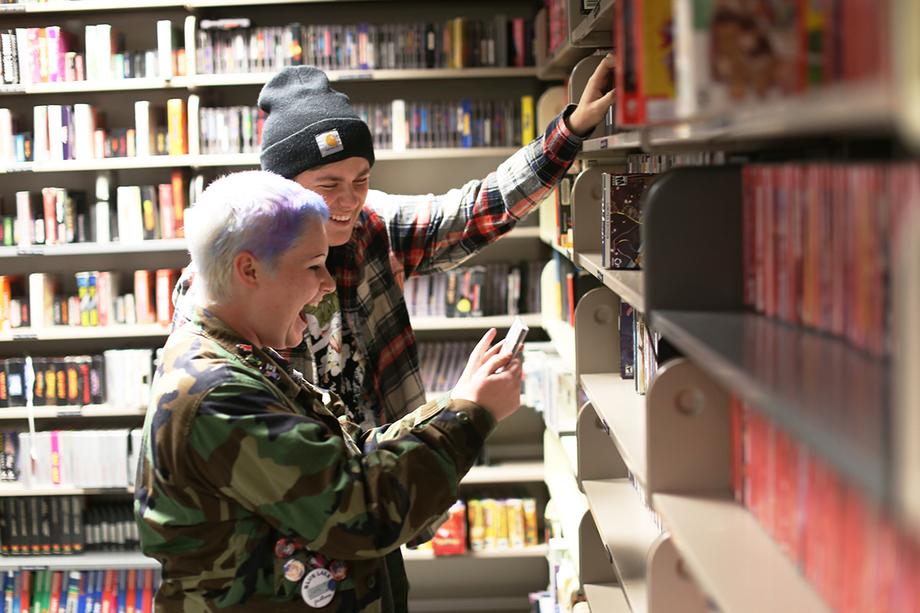Video games as writing tools
October 20, 2022
In creative writing, the practice of worldbuilding is more than just deciding on the setting of a story. It’s the careful, considered construction of an entire world — its appearance, history, people, and culture. All of the details of the world an author builds don't always make it into the final story, but taken together they are foundational, offering possibilities and setting boundaries for its characters and its plot.
“Worldbuilding has a reputation in some academic literary circles for being merely a practice for generating fantasy minutiae; however, many contemporary artists and writers see worldbuilding as a way to engage directly with the power dynamics, hierarchies, and ecological relationships that matter most,” says David Ward, who's teaching a literature and writing course titled Worldbuilding: Mirror, Deviate.
Imagine you were tasked with creating a world, beginning with a blank canvas. Where would you begin? The options are limitless, and the task might seem overwhelming.
For Ward, one place to begin is at the U-M Library’s Computer & Video Games Archive (CVGA), newly relocated to the fourth floor of the Shapiro Library where, during a class visit, students were able to observe, engage with, and critique some of the worlds others have created.
This visit to the CVGA, which has thousands of playable video games, comes at a mid-point in the first unit, says Ward, just as students are wrapping up a draft of their first essay. Worldbuilding in videogames is part of their ongoing conversation about how different genres and media adopt different strategies for worldbuilding.
“We've been practicing critical worldbuilding with a few different sample texts, and it's going to be a ton of fun to practice and discuss a few of the games the CVGA has to offer," Ward said. "The students picked out a game they'd like to play together, and the session will be a mix of playing, observing, analyzing, and presenting findings.”
Later this semester, students will draw on their experiences in the CVGA to build their own worlds and write stories set within them.
Cate Ramsey, a freshman at the Penny Stamps School of Art & Design, said “I am honestly learning so much about different, more analytical ways to immerse myself in fiction of all different mediums, which is so great as someone who spends 99 percent of their time in fictional worlds.”
Ramsey, an avid gamer, was impressed with the CVGA�’s collection.
“I fell in love with the place at first sight. Not only did the massive selection of games blow my mind, but the staff at the CVGA talked with me for a solid half hour about the different quirky things in the catalog, and gave me game recommendations. My first thought after leaving was just, 'Oh my God, I have to come back here, like, every week.'"
by Alan Piñon
